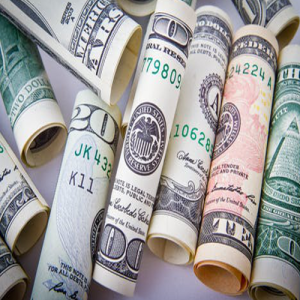
💊 The Value of a Pharmacy Technician: Beyond the Paycheck
Pharmacy technicians do far more than count pills and print labels. They are frontline caregivers—dispensing medications, offering guidance, and ensuring patients receive the remedies they need to survive or live more comfortably. Their work is often unseen, yet deeply felt. But to what extent should their contributions be rewarded?
For many technicians, the greatest reward is knowing they’ve helped someone heal. That moment when a patient walks away with a life-saving prescription or a simple over-the-counter solution—that’s legacy in motion. Still, every professional deserves fair compensation. And while hospitality and healing may be priceless, the reality is: pharmacy technicians are often undervalued financially.
Across America, entry-level technicians working in retail settings earn an average of $7.50 per hour—a wage that barely covers basic living expenses. This rate is typically offered to those without certification, and while certification is encouraged, the financial bump is minimal. Many report going from $11/hour uncertified to just $12/hour certified, a difference that hardly reflects the added responsibility and expertise.
Private pharmacies offer slightly better compensation, with wages starting around $17/hour, but these roles are limited and often competitive. Technicians have voiced concerns, advocated for wage increases, and pushed for recognition—but many employers remain unmoved.
Some companies attempt to boost morale with incremental raises. One Texas-based firm reportedly adds $0.50 per year, allowing employees to earn an extra dollar after two years. While some technicians appreciate the gesture, others question whether such small increases feel more patronizing than empowering
🛡️ Technician Legacy Reflection
Pharmacy technicians are healers, educators, and protectors of public health. Their work deserves more than gratitude—it deserves respect, recognition, and fair compensation. The question isn’t whether their good deeds should be rewarded. The question is: how long will we continue to undervalue the hands that help us heal?






